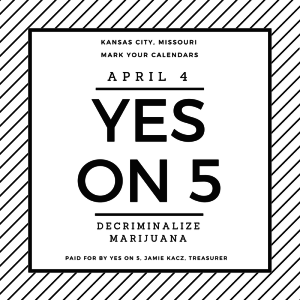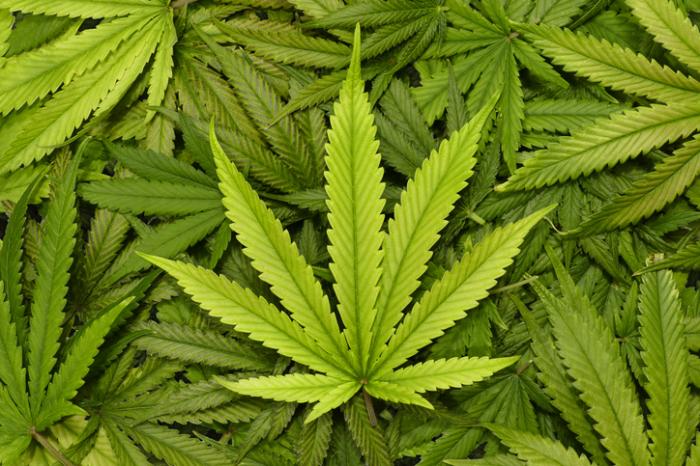Johns Hopkins was ready to test pot as a treatment for PTSD. Then it quit the study.
By
Aaron Gregg April 2 at 5:48 PM
Eighteen months after joining a study on using marijuana to treat post-traumatic stress disorder, Johns Hopkins University has pulled out without enrolling any veterans, the latest setback for the long-awaited research.
The university said its goals were no longer aligned with those of the administrator of the study, the Santa Cruz, Calif.-based Multidisciplinary Association for Psychedelic Studies (MAPS). MAPS said the dispute was over federal drug policy and whether to
openly challenge federal rules that say medical cannabis research must rely on marijuana grown by the federal National Institute on Drug Abuse.
One of the lead researchers from MAPS recently did just that, in a PBS report that said the government-grown marijuana provided for the study was of
poor quality and contaminated with mold. Hopkins quit the study two days later.
Although MAPS will continue the research at a private lab in Arizona, the departure of the well-known university in Baltimore is a blow, analysts said, in part because the campus was considered a prime test site that could draw on Maryland’s large population of veterans.
The decision to withdraw coincides with uncertainty within the industry about whether President Trump will continue the Obama administration’s support for institutions that conduct research using marijuana, as well as its hands-off approach to states that legalize pot for recreational or medical use.
“The future of scientific research under the Trump administration generally is quite shaky,” said John Hudak, a governance-studies fellow at the Brookings Institution who tracks marijuana research.
The MAPS study is meant to capture the first clinical evidence of whether
marijuana can effectively treat PTSD. Favorable findings would aid endeavors to add the condition to those that are authorized for treatment in state medical cannabis programs, as well as efforts to lift a prohibition on Department of Veterans Affairs doctors from recommending or even discussing the drug as a way to alleviate anxiety and other symptoms.
“We’re trying to study what cannabis does for veterans with treatment-resistant PTSD,” said Sean Kiernan, president of the Weed for Warriors Project. “These are vets who have not been helped by the traditional regimen and in many cases have been severely hurt.”
MAPS Director Rick Doblin started planning the study in 2009 with co-administrator Suzanne Sisley, an Arizona psychiatrist and marijuana advocate. At the time, Sisley was a faculty member at the University of Arizona. In 2012, their research proposal was approved by that university’s scientific review board.
But in 2014, the university fired Sisley and said her position as a physician educator for medical marijuana would no longer be funded. She says she was ousted because of controversy surrounding her marijuana PTSD study, an accusation the university denies.
MAPS got funding from Colorado, winning a nearly $2.2 million research grant paid for with license fees from the state’s legalized-marijuana industry.
Hopkins joined the study that year. Its scientific review board cleared the project in September 2015, but it took until January of this year for Hopkins to determine that the marijuana provided by the federal government was safe enough to give to veterans. The university received its first delivery of cannabis Jan. 13.
Although Hopkins set up a phone line for veterans to register for clinical trials, it did not enroll anyone. Advocates say they first learned the school had withdrawn when veterans who called the phone number heard a recorded message saying the university was no longer participating.
“This has been ongoing for years — roadblock after roadblock after roadblock,” said Scott Murphy, co-founder and president of the Massachusetts-based Veterans for Safe Access and Compassionate Care.
Sisley, backed by others at MAPS, had been trying to persuade Hopkins to speak out about the mold issue as a way of questioning the government-provided marijuana and other federal requirements for marijuana research
.
In March, she
told PBS that the samples were moldy and had insufficient levels of THC, the active ingredient in cannabis. The next week, MAPS said some of the samples also tested positive for trace amounts of lead.
“It’s crucial that the public is aware that their taxpayer dollars are going to support a single government-enforced monopoly, the sole federally legal supply of cannabis for any and all cannabis controlled trials,” Sisley said last week.
Before the televised report, those involved in the study agreed they could use the government-provided marijuana despite its deficiencies, after at least five rounds of testing determined that mold and lead levels were low enough for the product to be safely consumed.
Hopkins did not respond to questions about whether the PBS report affected its decision to withdraw. But MAPS spokesman Brad Burge said the adverse publicity was the direct cause of the university’s abrupt departure.
The publicity also prompted the Food and Drug Administration to contact MAPS requesting new information about the study and marijuana test results.
Advocates have pushed for years for the government to allow more providers to supply marijuana for medical research. The Obama administration took initial steps to allow private suppliers, but it did not complete the process. The Trump administration has not clarified its position.
The test center in Scottsdale, Ariz., where MAPS will continue with Sisley and other researchers, has close to a dozen veterans enrolled out of a planned 76, Burge said. Researchers at the University of Pennsylvania and the University of Colorado who had been signed up to help with the study are continuing their participation.
Sisley said MAPS gave the University of Arizona and Hopkins “every opportunity to partner with us on these studies, and neither were willing to embrace it.”
“Ultimately, I think we will prove that we can conduct this research efficiently by working through the private system,” she said.
)....

